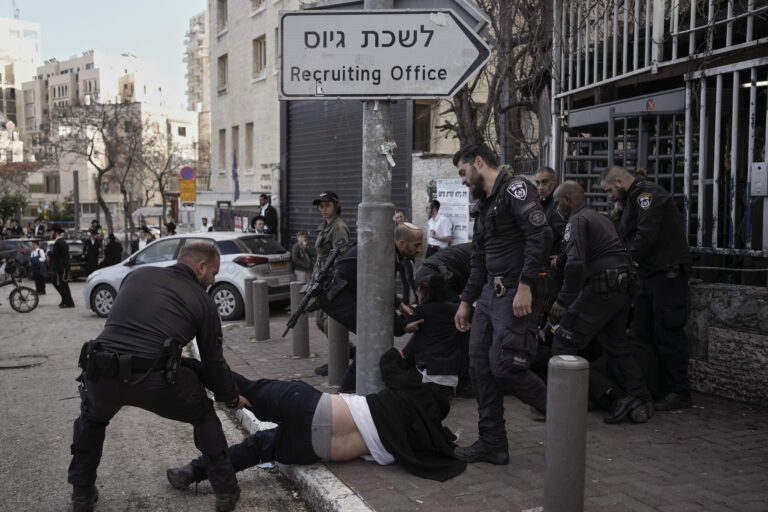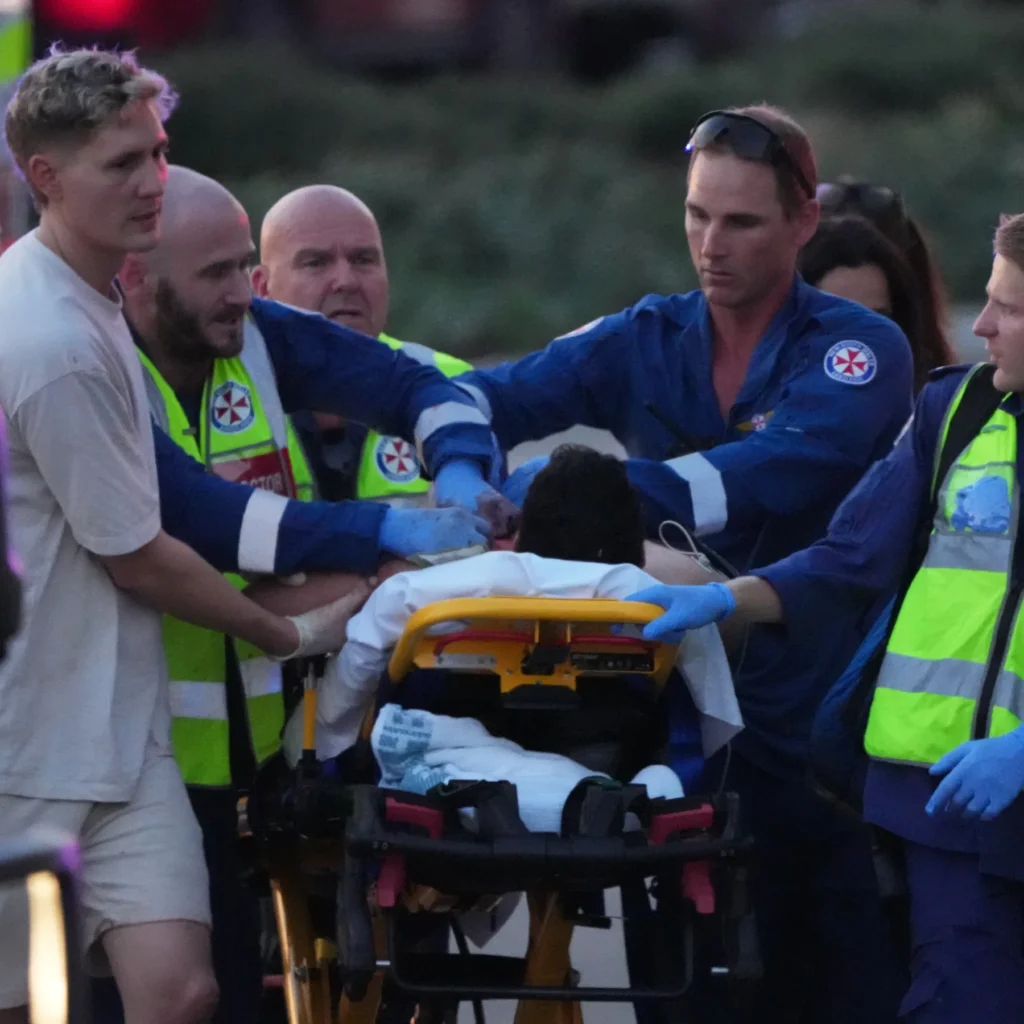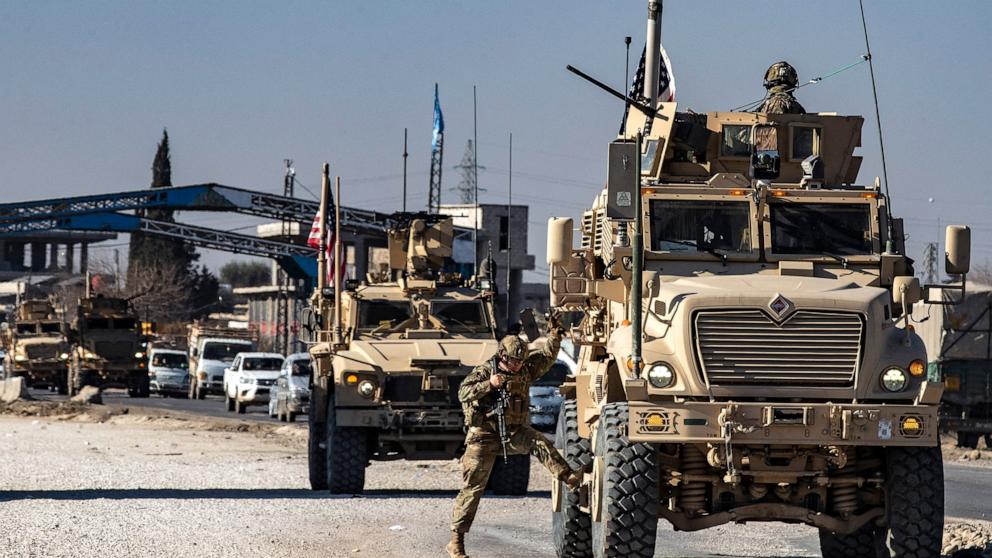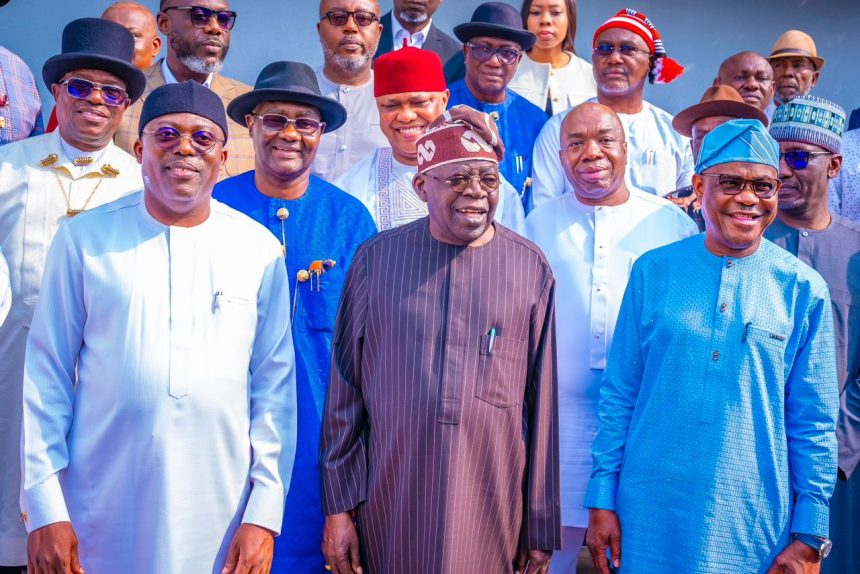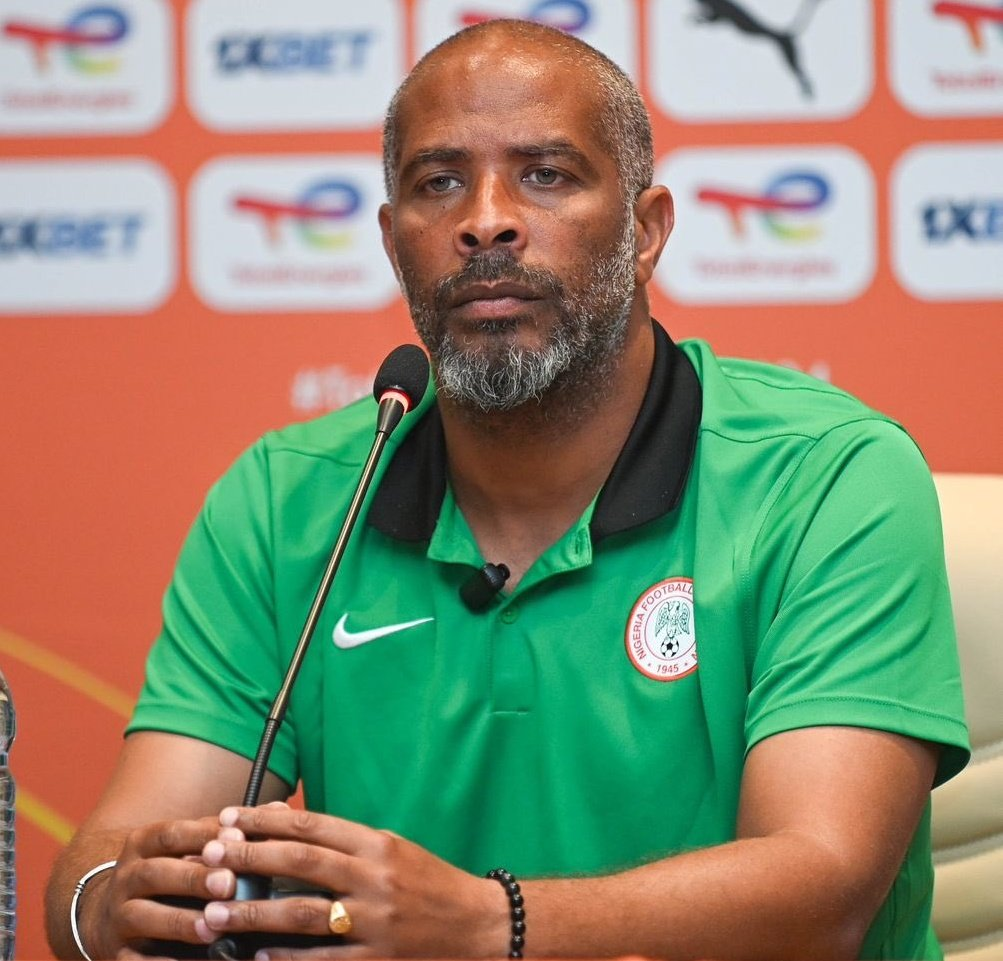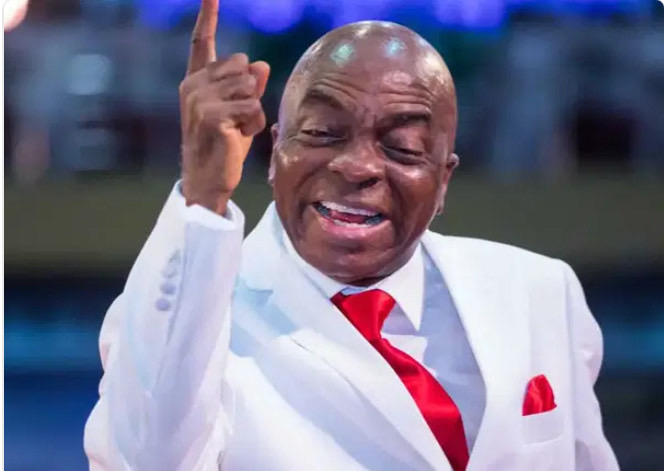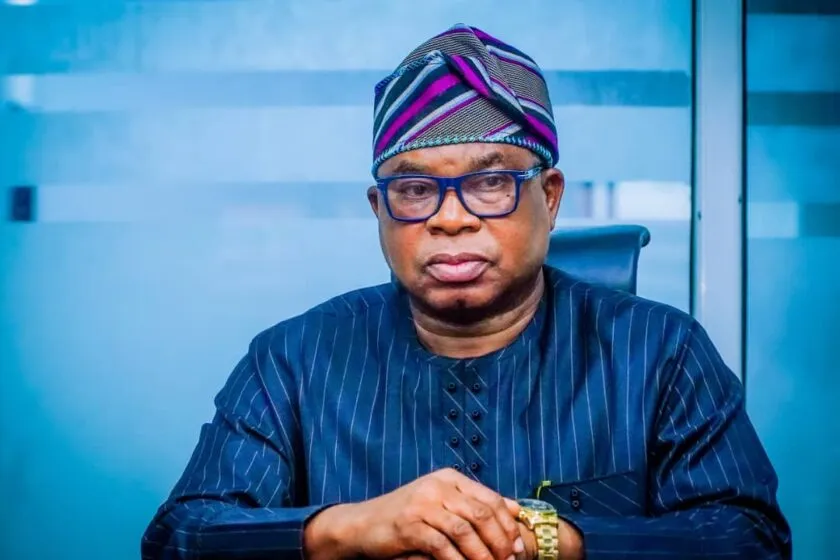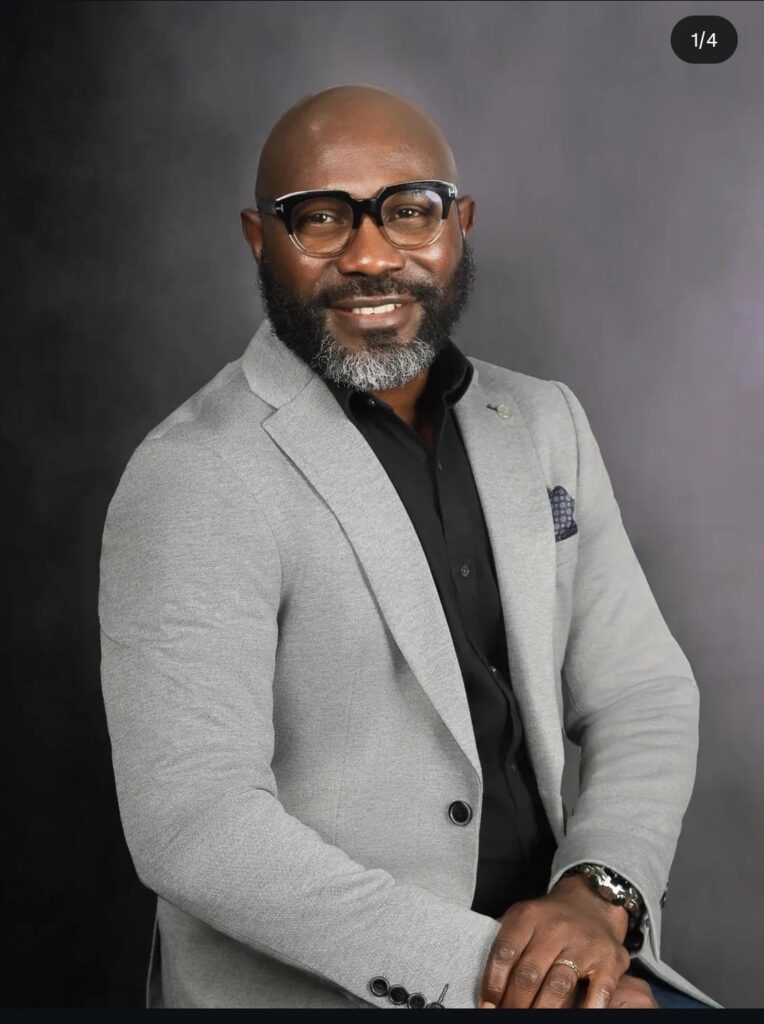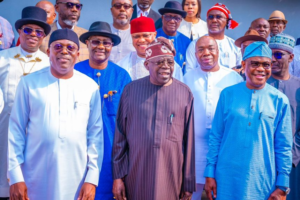Israel’s Supreme Court decision to limit subsidies for ultra-Orthodox men has caused upheaval within Prime Minister Benjamin Netanyahu’s governing coalition, casting doubt on its stability as the nation continues its operations in Gaza.
Netanyahu faces a deadline until Monday to present the court with a strategy to dismantle a system favoring the ultra-Orthodox community over the secular Jewish population, as deemed by the justices.
The Prime Minister’s reliance on support from ultra-Orthodox lawmakers means that any plan he proposes risks alienating this crucial bloc. If unsuccessful, his coalition may collapse, potentially leading to snap elections.
Here’s an analysis of the court’s ruling and its potential implications for the future of Israeli politics.
However, the politically influential ultra-Orthodox community, constituting approximately 13% of Israeli society, has historically been granted exemptions while pursuing full-time religious studies in seminaries known as yeshivas.
Amidst the backdrop of a prolonged conflict spanning nearly half a year, the long-standing arrangement has fueled widespread discontent among the broader populace. The toll of the conflict, with over 500 soldiers losing their lives in battle and numerous Israelis experiencing disruptions to their careers, studies, and family lives due to reserve duty, has intensified this sentiment.
In response to this dissatisfaction, the Supreme Court deemed the existing system discriminatory and mandated that the government devise a new plan by Monday, with a deadline for implementation set for June 30. Prime Minister Netanyahu has requested a 30-day extension from the court to seek a compromise.
As of now, the court has not yet responded to Netanyahu’s plea. However, it has issued an interim order prohibiting the government from providing monthly subsidies to religious students of enlistment age who have not been granted deferrals from military service. These funds will be halted starting Monday.
Although the cessation of state subsidies presents a setback, it seems that the yeshivas can still operate. According to Israel’s Channel 12, the government contributes merely 7.5% of the total funding for these institutions. Additionally, Netanyahu’s coalition might explore alternative avenues, such as discretionary funds, to address the financial shortfalls.

